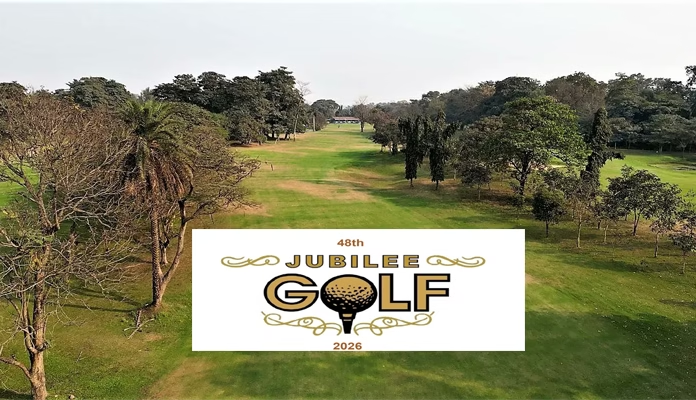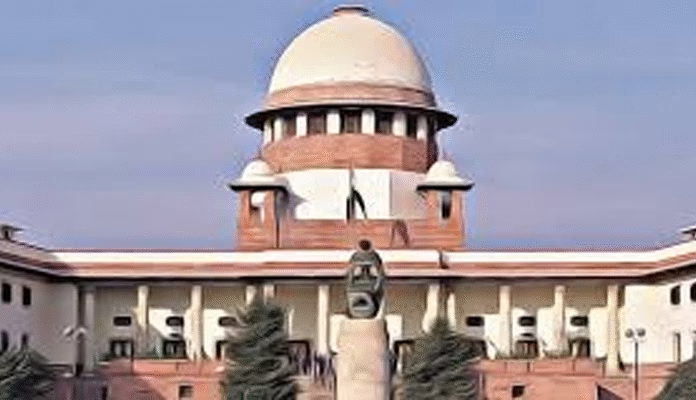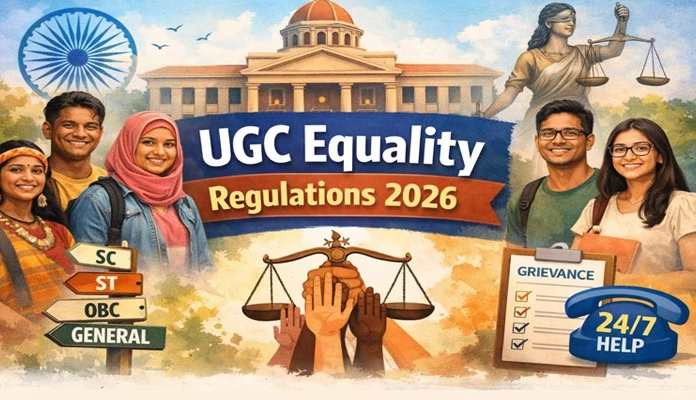
 Sanjay Saxena I Lucknow
Sanjay Saxena I Lucknow
Following the interim relief granted to Congress MP Imran Pratapgarhi by the Supreme Court, mixed reactions have emerged from various quarters. This case has become a focal point for an important debate on the balance between freedom of expression, communal harmony, and judicial processes.
On January 21, 2025, the Supreme Court issued an interim stay on the FIR lodged against Imran Pratapgarhi in Jamnagar, Gujarat. This FIR was registered concerning a video clip posted by him on social media, where the background featured the poem “Ae Khoon Ke Pyaase, Baat Suno.” The complainant alleged that the poem was provocative and could incite communal tensions.
Some opposition leaders criticized the Supreme Court’s decision, arguing that the judiciary should carefully consider such cases where communal harmony might be affected. They also questioned whether this decision aligns with the principle of equality before the law.
On the other hand, legal experts viewed the Supreme Court’s decision as an important step toward protecting freedom of expression. They stated that this case serves as a signal to the police and judiciary to approach freedom of expression cases with sensitivity and understanding. Similarly, several social activists raised their voices in support of Imran Pratapgarhi, stating that his poem aimed to convey a message of non-violence and love, not to escalate communal tensions. They also emphasized that art and literature should be safeguarded within the ambit of freedom of expression.
Regarding social media, public reactions were mixed. While some supported the Supreme Court’s decision, others expressed concerns that such rulings might affect communal harmony.
It is important to remember that Article 19(1)(a) of the Indian Constitution provides every citizen the right to freedom of expression. However, this right is not absolute. Under Article 19(2), the state has the authority to impose reasonable restrictions on this freedom in certain circumstances, such as the sovereignty and integrity of the country, security of the state, friendly relations with foreign states, public order, decency or morality, contempt of court, defamation, or incitement to an offense.
In 2016, the Supreme Court upheld the constitutional validity of the criminal defamation laws under Sections 499 and 500 of the Indian Penal Code. A bench led by Justice Dipak Misra and Justice Prafulla C. Pant ruled that the right to freedom of expression is not absolute and must be balanced with the right to an individual’s reputation. The court stated, “We have held that the punitive provisions are constitutionally valid. Freedom of expression is not an absolute right.”
However, it’s also worth noting that in 2020, the same Supreme Court held senior lawyer Prashant Bhushan guilty of contempt of court for two tweets criticizing the judiciary. This decision faced widespread criticism, with many claiming it could have a chilling effect on freedom of expression. Human Rights Watch expressed concerns, stating that it could severely impact the legitimate criticism of the judiciary.
In January 2023, a five-judge Constitution Bench of the Supreme Court ruled that statements made by ministers cannot be considered official government statements. The court stated that there is no need for additional restrictions on the freedom of expression of ministers, MPs, legislators, and individuals in high positions. This case was related to a statement made by former Uttar Pradesh minister Azam Khan, where he described a criminal incident as a political conspiracy.
In conclusion, the various judgments of the Supreme Court clearly indicate that while freedom of expression is important, it is not absolute and must be balanced with other rights and societal interests. The court’s decisions aim to establish this balance, although they continue to be debated and criticized from different perspectives.
Moreover, the Supreme Court sometimes appears both strict and lenient when it comes to freedom of expression. While Congress MP Imran Pratapgarhi received relief from the Supreme Court, he continues to make headlines with his controversial couplets and poetry. He has previously been in the spotlight for praising the notorious mafia Atiq Ahmed, which also led to controversies.
Imran Pratapgarhi, who entered the political world through poetry, had, a few years ago, praised the dangerous gangster Atiq Ahmed during an event in Prayagraj. While singing his praises, Pratapgarhi had said, “People of Allahabad, remember one thing: for many years, there will be an Atiq Ahmed. I know that there is a person in this city who will handle everything.”
Pratapgarhi has also recited similar couplets in praise of mafia don Mukhtar Ansari, presenting himself as a loyal supporter. In a few lines, he even referred to himself as Mukhtar, saying, “If a cracker is burst, it’s called a bomb. The love I have for this country is even greater than my loyalty. Yes, I am Mukhtar. Yes, I am Mukhtar.”




